Olympic Games: the painful legacy of politics vs. sport
In Depth: history of the event is marred by political tensions that have sometimes led to violence
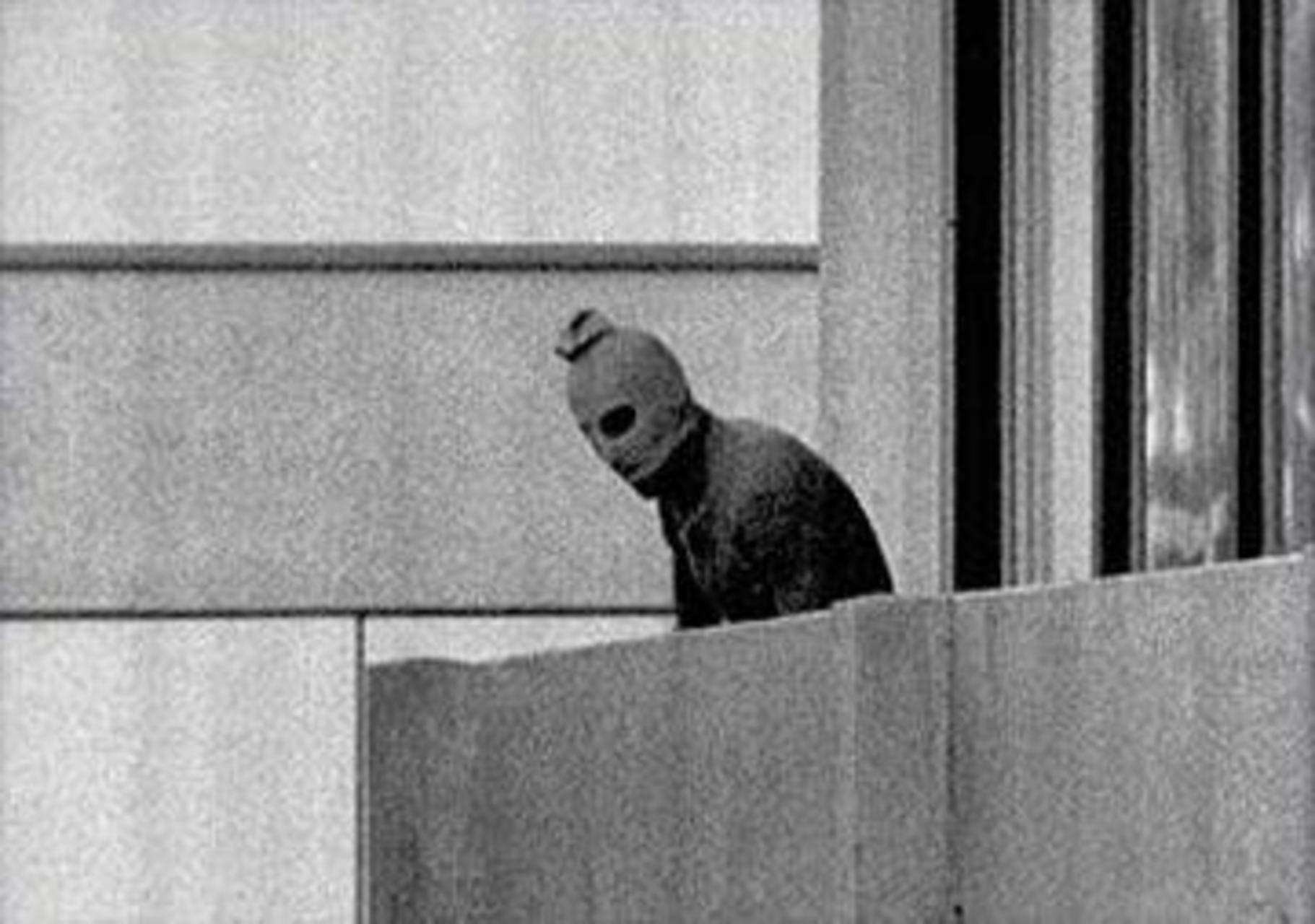
A free daily email with the biggest news stories of the day – and the best features from TheWeek.com
You are now subscribed
Your newsletter sign-up was successful
North Korea’s decision to send athletes to the PyeongChang Winter Olympics has put politics at the forefront of the Games.
Is the move a step toward unification or a bid to create tension between South Korea and the US?
The debate is likely to continue long after the opening ceremonies on Friday, but it is certainly not the first time that the Games have been used as a platform on which to air diplomatic and political grievances - sometimes through violence.
The Week
Escape your echo chamber. Get the facts behind the news, plus analysis from multiple perspectives.

Sign up for The Week's Free Newsletters
From our morning news briefing to a weekly Good News Newsletter, get the best of The Week delivered directly to your inbox.
From our morning news briefing to a weekly Good News Newsletter, get the best of The Week delivered directly to your inbox.
Here The Week takes a look at key moments of political strife at the Olympics.
1936, Berlin, Germany
The 1936 Summer Games, held under the Nazi regime, were “intentionally awarded to Germany so the republic could show that it had regained its status among European countries”, says The Guardian. They were also the first Olympics to face widespread calls for a boycott, Sky News reports.
Hitler hoped the Games - which included an Aryan-only team for Germany - would showcase his nation’s sporting prowess, but black US athlete Jesse Owens famously embarrassed the dictator by winning four gold medals.
A free daily email with the biggest news stories of the day – and the best features from TheWeek.com
“Still, many historians now believe the Olympics helped legitimise the Nazi regime in the eyes of the world,” Sky News says.
1956, Melbourne, Australia
The Hungarian Revolution of 1956 was the backdrop to one of the hardest-fought contests in Olympic history, at a water polo match between Hungary and the USSR, where “blood spilled in the sporting arena came to symbolise the bloody struggle of a nation against its oppressor, the former Soviet Union”, says CNN.
Just weeks before the Games, Soviet tanks and troops had rolled into Budapest to crush an anti-Soviet uprising. More than 2,000 protestors were killed, and thousands forced to flee. The Olympic polo pool game that followed became known as the “blood in the water” match, after Hungarian Ervin Zador was punched just above the eye during the contest, leading to an outpouring of blood into the pool.
Hungary went on to win in the final, beating Yugoslavia 2-1 to claim Olympic gold.
1972, Munich, Germany
On the morning of 5 September, midway through the 1972 Games, eight members of the Palestinian Black September group stormed the Israeli athletes’ quarters in the Olympic Village, demanding the release of 232 Palestinians imprisoned by Israel. Members of the Israeli Olympic team were taken hostage.
Two Israelis were killed at the village, before a botched rescue attempt led to the deaths of a further nine Israelis, a German policeman and five of the Palestinian gunmen, says the Daily Mail.
1976, Montreal, Canada
About 25 African nations boycotted the Montreal Games after the International Olympic Committee admitted New Zealand, which had sporting links with South Africa, according to the BBC. South Africa had been banned since 1964 over its stance on apartheid.
1996, Atlanta, US
American fugitive Eric Robert Rudolph was finally arrested in 2003 after hiding in the mountains following a series of bombings in Georgia and Alabama, including a nail-filled pipe bomb planted in a backpack at the Centennial Olympic Park in Atlanta, Georgia.
A woman attending the Games with her teenage daughter was killed, and more than 100 others were injured, according to the FBI website. Rudolph pleaded guilty and ultimately told authorities where he had stashed an additional 250lb (113kg) of dynamite.
According to Rudolph’s written statement, his motivation was to fight against abortion and the “homosexual agenda” in the US.
-
 The Olympic timekeepers keeping the Games on track
The Olympic timekeepers keeping the Games on trackUnder the Radar Swiss watchmaking giant Omega has been at the finish line of every Olympic Games for nearly 100 years
-
 Will increasing tensions with Iran boil over into war?
Will increasing tensions with Iran boil over into war?Today’s Big Question President Donald Trump has recently been threatening the country
-
 Corruption: The spy sheikh and the president
Corruption: The spy sheikh and the presidentFeature Trump is at the center of another scandal
-
 The Olympic timekeepers keeping the Games on track
The Olympic timekeepers keeping the Games on trackUnder the Radar Swiss watchmaking giant Omega has been at the finish line of every Olympic Games for nearly 100 years
-
 Nordic combined: the Winter Olympics sport that bars women
Nordic combined: the Winter Olympics sport that bars womenIn The Spotlight Female athletes excluded from participation in demanding double-discipline events at Milano-Cortina
-
 The price of sporting glory
The price of sporting gloryFeature The Milan-Cortina Winter Olympics kicked off this week. Will Italy regret playing host?
-
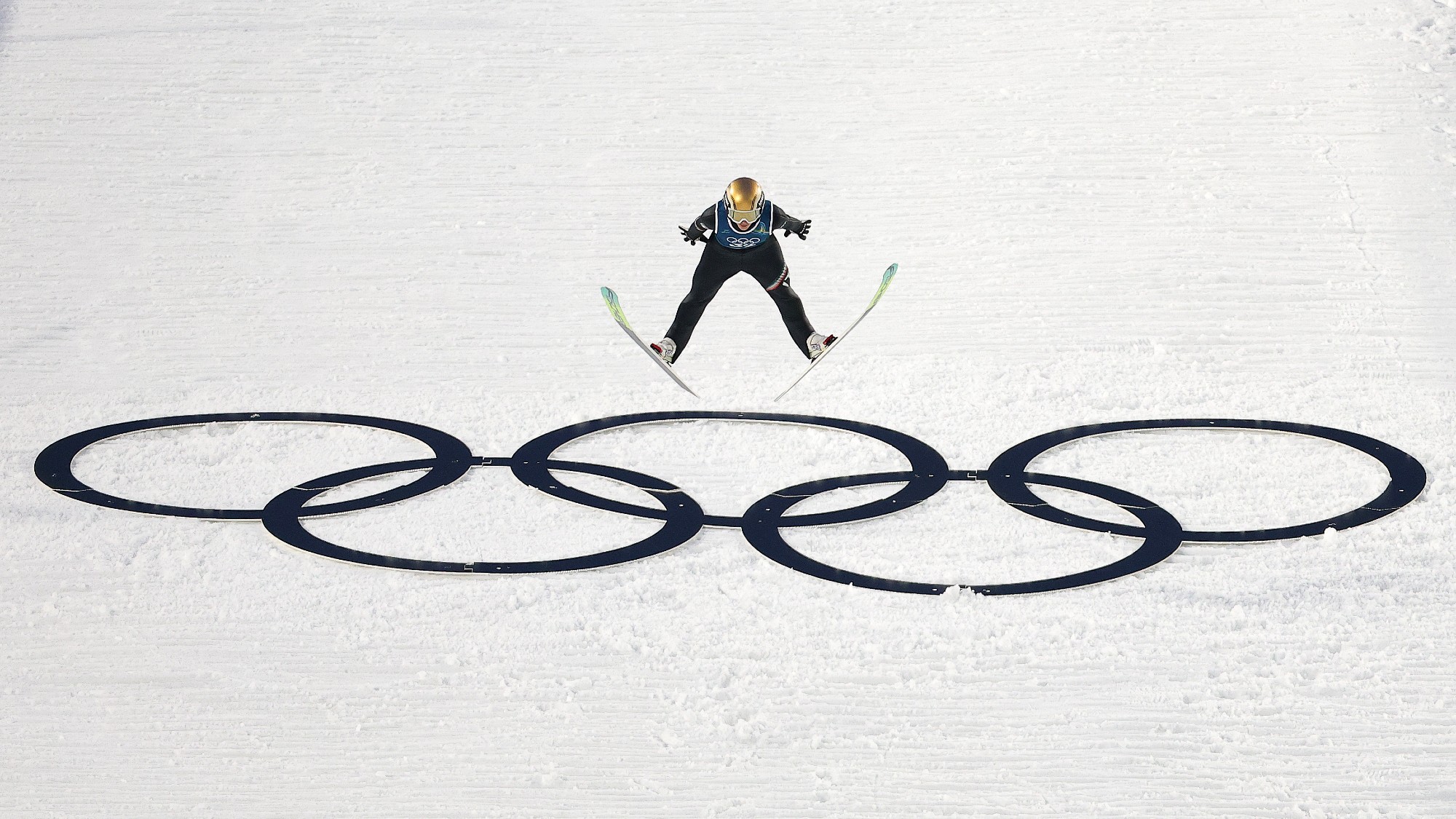 What to watch out for at the Winter Olympics
What to watch out for at the Winter OlympicsThe Explainer Family dynasties, Ice agents and unlikely heroes are expected at the tournament
-
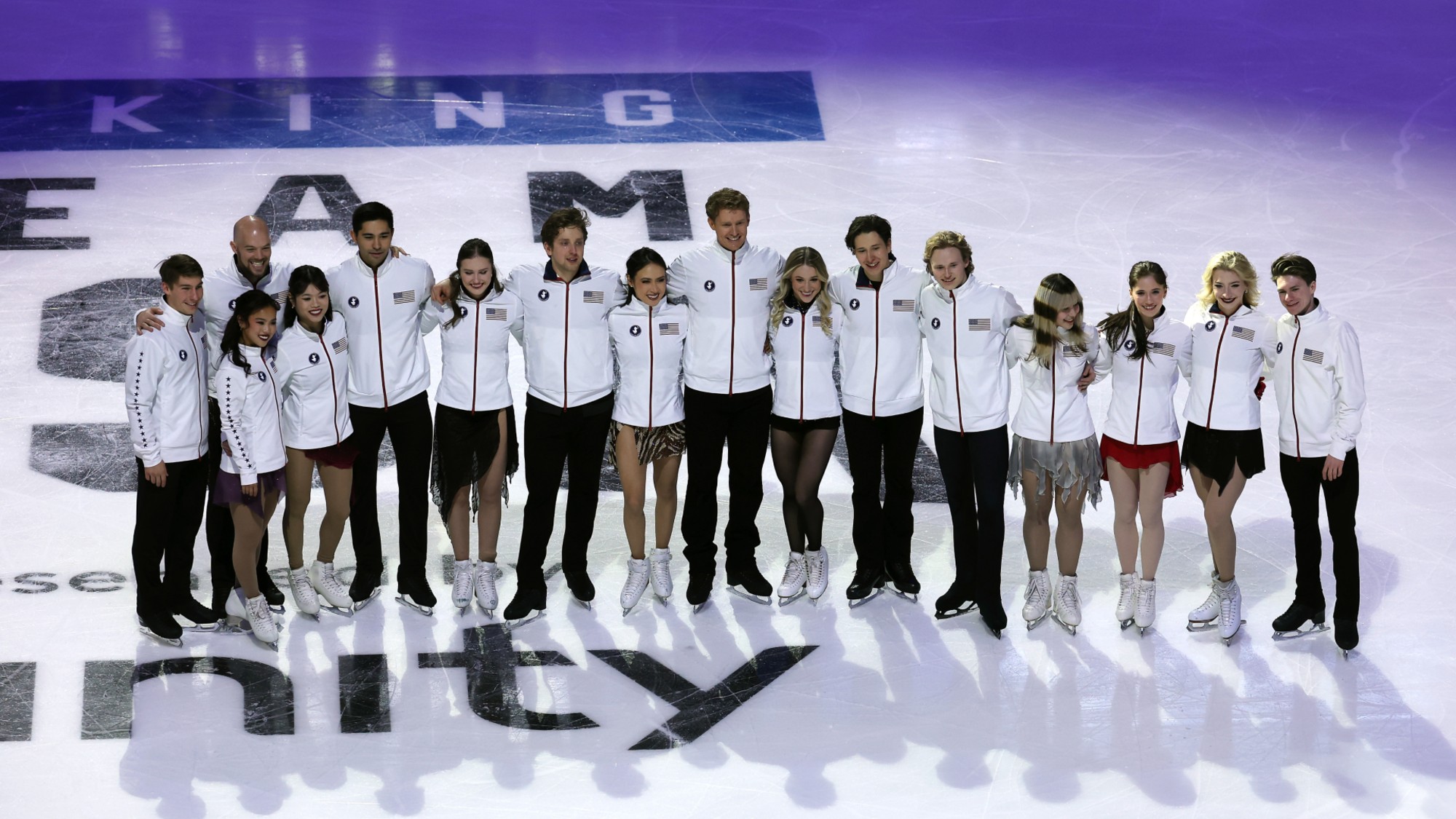 The US Olympic figure skating team might be the ‘greatest’ ever
The US Olympic figure skating team might be the ‘greatest’ everIn the Spotlight The team will take to the ice in February
-
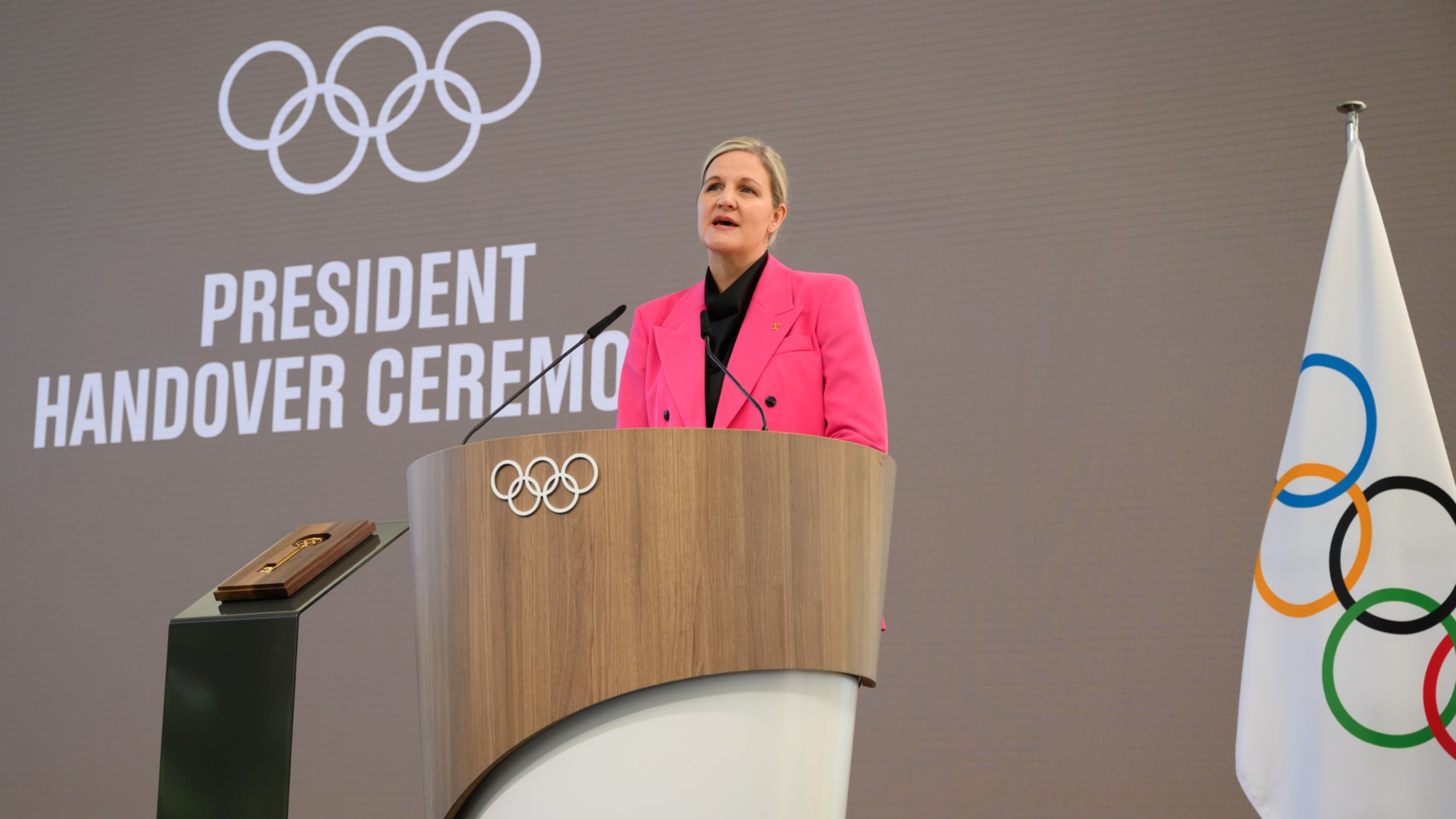 Kirsty Coventry: the former Olympian and first woman to lead the IOC
Kirsty Coventry: the former Olympian and first woman to lead the IOCIn the Spotlight Coventry, a former competitive swimmer, won two Olympic gold medals
-
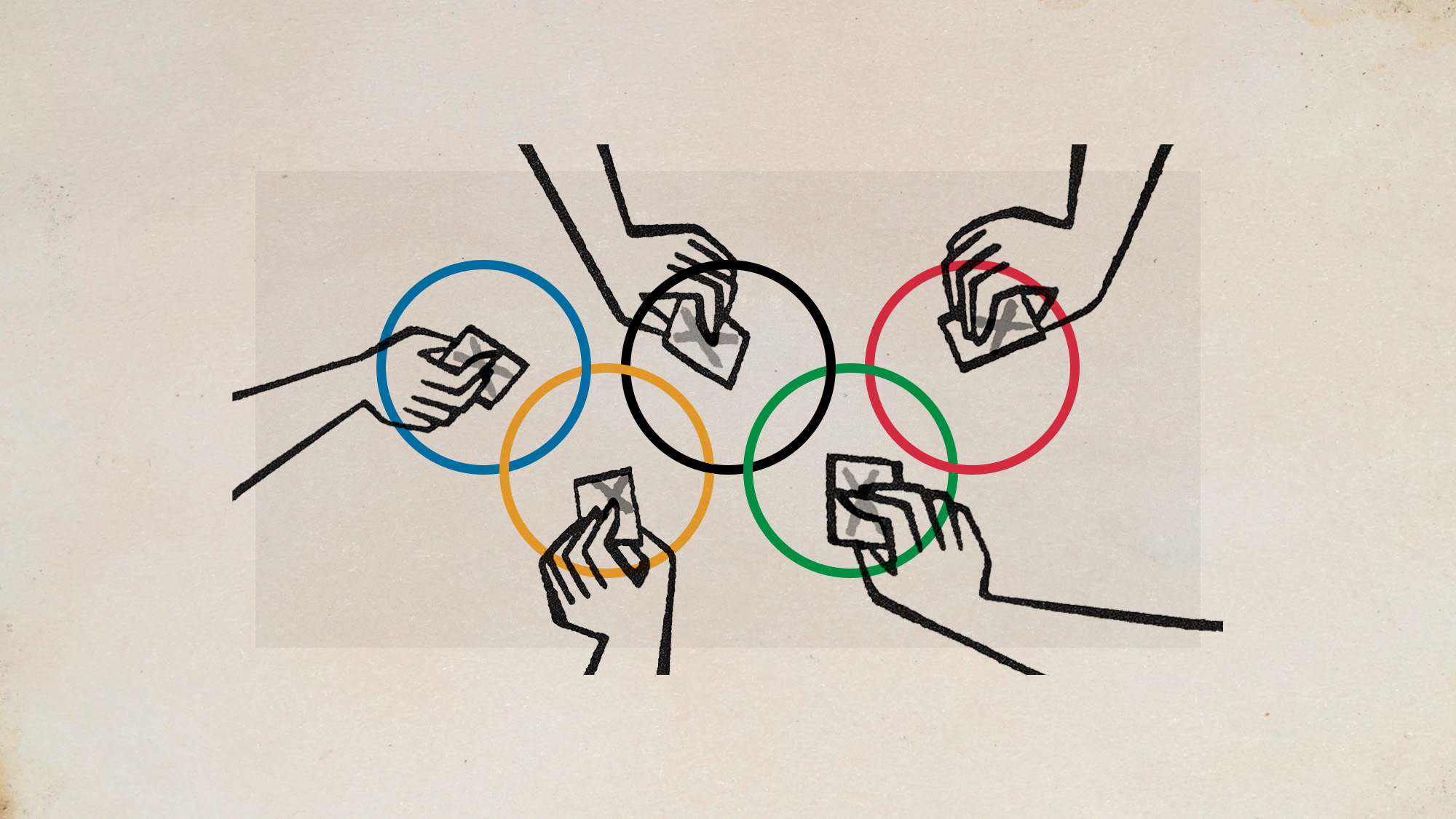 The 'secretive and strange' battle for the most powerful role in sport
The 'secretive and strange' battle for the most powerful role in sportUnder The Radar Sebastian Coe among the contenders as the International Olympic Committee gathers to choose its next president
-
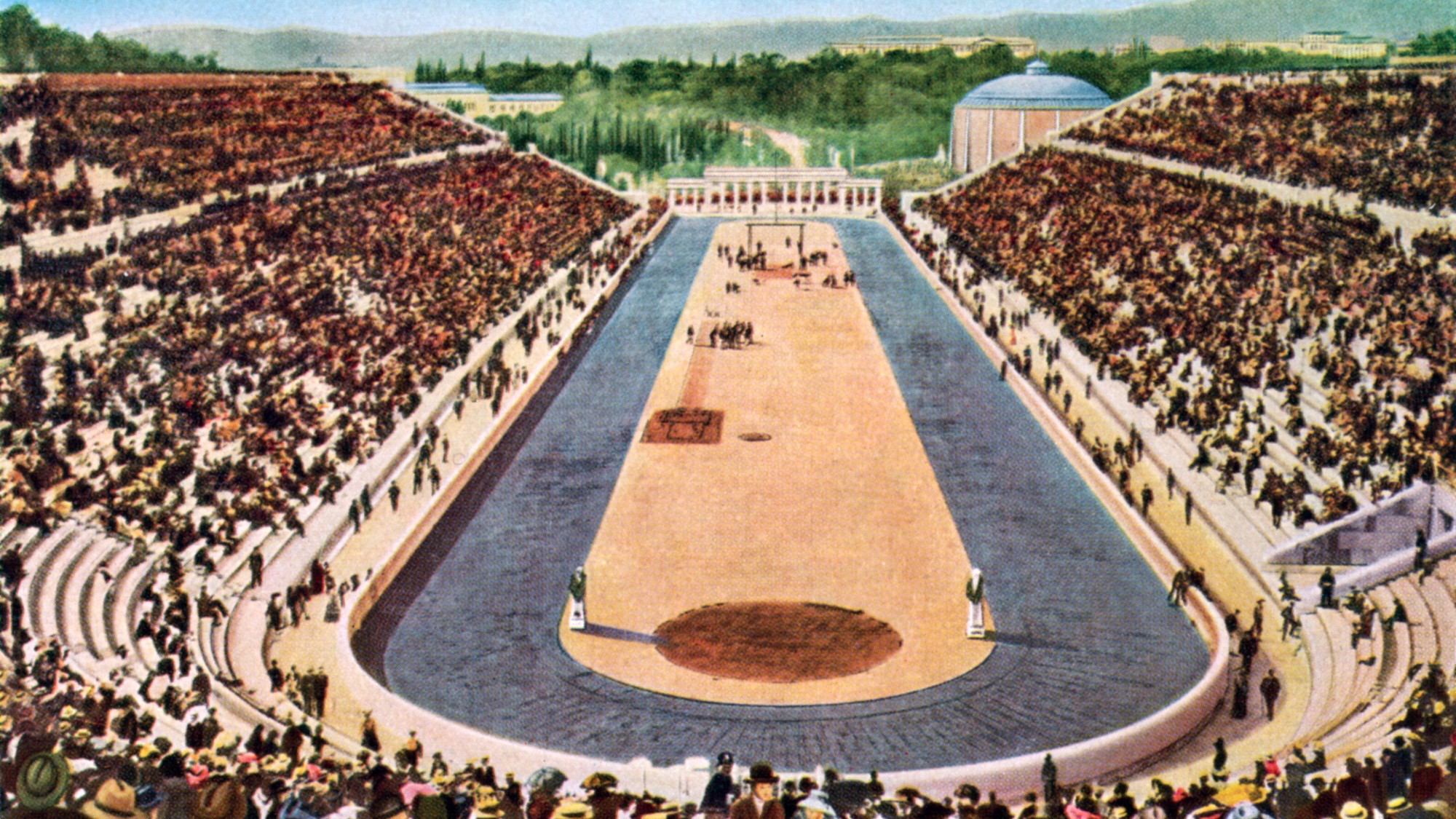 And the gold goes to the wackiest events of Olympics past
And the gold goes to the wackiest events of Olympics pastThe Explainer Prior games have included contests like pigeon shooting and hot air ballooning